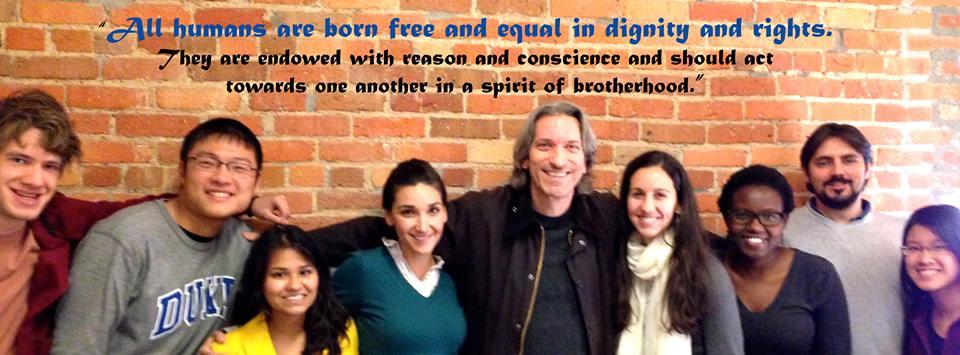

Human rights fires the imaginations of peoples around the world struggling for greater political, social and cultural space even as the phrase escapes a one-fits-all definition, with activists constantly reinterpreting and reimagining what constitutes inalienable rights, who can claim them, and how they can best be framed and fought for. Both the study and practice of human rights are active areas of inquiry at Duke, uniquely positioned among leading universities to bridge the divide between “civil” rights, rooted in US law and the Constitution, and “human rights,” fed by the US experience but also drawing on international influences. Located in the American South and with a grounding in the lived experience of the American rights struggle, Duke can both provide the intellectual rigor to questions surrounding rights and also build partnerships with local, national and international practitioners.
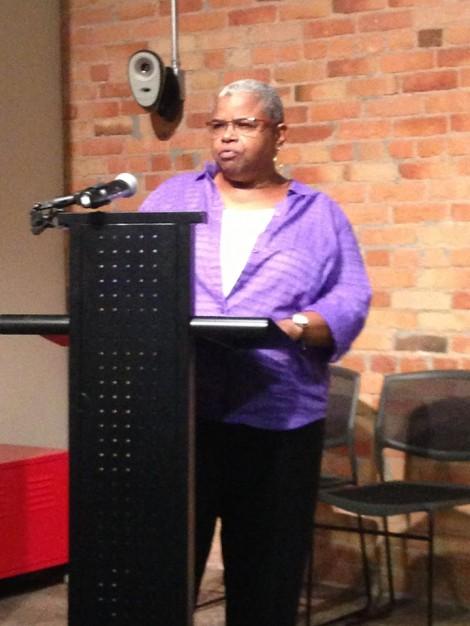
Under the leadership of the Duke Human Rights Center at the Franklin Humanities Institute (DHRC@FHI), partnering with the Duke Human Rights Archive, part of Perkins Library, and working in connection with the DHRC at the Kenan Institute for Ethics and the new “Human Rights and Social Movements” concentration in History, the RightsConnect project explored how Duke can articulate a sustainable collection of human rights classes, global service-learning experiences and research opportunities, highlighting new pedagogies based on vertically integrated research teams, on-site learning, service placements (including through Duke Engage) and peer-to-peer networks that encourage students to articulate their own rights vision. It brought together existing and new stakeholders to assess the current state of human rights study and practice at Duke and charted a path toward new approaches that will be both sustainable and add value to the undergraduate experience.
Urgent questions that appeal to both faculty members and undergraduate students include thorny issues like humanitarian intervention; the balance of truth, justice, reconciliation and post-conflict peace-making; the persistence of poverty and an expanding underclass deprived of basic rights in developed nations; the impact of the “war on terror” on international relations and privacy; the relationship between rights, environmental justice and climate change; and new rights frontiers in science demand a multidisciplinary approach.
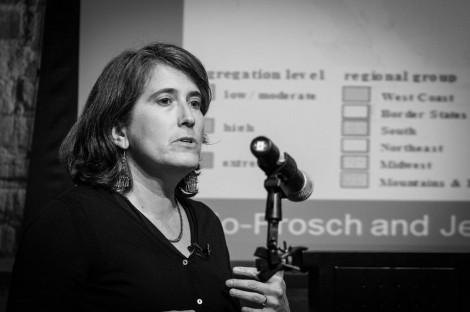
Speaker Series :
In Spring of 2013, RightsConnect launched an examination of the study of human rights in contemporary universities by hosting a series of speakers who had expertise in both university-level teaching and human rights. This series of public talks and meetings with students by prominent human rights thinkers who are also educators was a coordinated effort to rethink the role of universities in human rights education.
Rightspeople
Learn more about our speakers here
|
Image
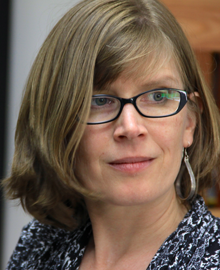 KATHRYN LIBAL |
Image
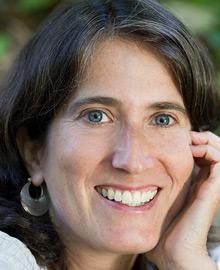 RACHEL MORELLO FROSCH |
Image
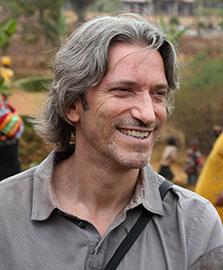 JOHN PRENDERGAST |
Image
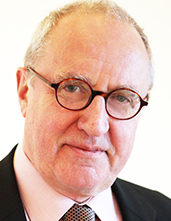 MICHAEL GEYER |
|
Kathryn Libal gave a talk on “Bringing Economic and Social Rights ‘Home’: A View from an Interdisciplinary Human Rights Classroom” on Monday, September 22 in the FHI Garage, Smith Warehouse, Bay 4. | Rachel Morello-Frosch spoke on Thursday, February 20th in the FHI Garage, Smith Warehouse, Bay 4. The title of her talk was “Advancing Environmental Justice In and Out of the Classroom.” | John visited Duke in November 2013 as part of the Nicholas School of the Environment’s Fall 2013 Seminar Series focusing on leading experts discussing pressing environmentally focused topics. He also gave a talk with the Duke Human Rights Center at the Franklin Humanities Institute on November 11, 2013, entitled “Ten Lessons for Making a Difference Globally and Locally.” | Dr. Geyer spoke at Duke in the Borderwork(s) Lab on Monday February 24, 2014 on the topic “Human Rights Education After Human Rights Idolatry.” Kelly Carroll (’16) conducted an interview over the phone with Michael Geyer about the value of human rights programs at universities that was featured in DukeToday |
|
Image
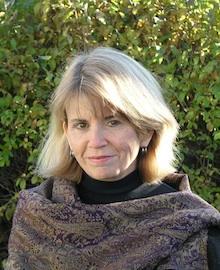 PATRICIA SULLIVAN |
Image
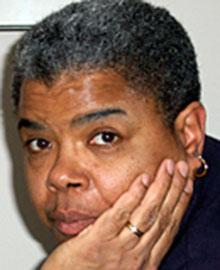 LESLIE BROWN |
Image
 JAMES DAWES | |
| She spoke as a part of the History Colloquium on Wednesday, February 26. The DHRC@FHI also hosted a lunch discussion for students on Thursday, February 27. Dr. Sullivan gave a short talk entitled “Mirror of America: Teaching the History of the Civil Rights Movement” followed by Q & A. | Dr. Brown spoke at Duke in the Borderwork(s) Lab on September 13, 2013 on “Civil Rights Movements: Chronologies, Contexts, and the Classroom.” It was sponsored by the Duke Human Rights Center@FHI and supported by RightsConnect, a Humanities Writ Large Emerging Networks Initiative. | Dr. Dawes spoke at Duke in the Borderwork(s) Lab on February 28, 2013 on the subject of “Story-telling and Human Rights: Teaching at a Liberal Arts College.” Betsy Santoyo (’14) interviewed James Dawes about his work with the program in Human Rights and Humanitarianism that was included in a DukeToday article |
To watch a few our speakers talk , check out our YouTube page !